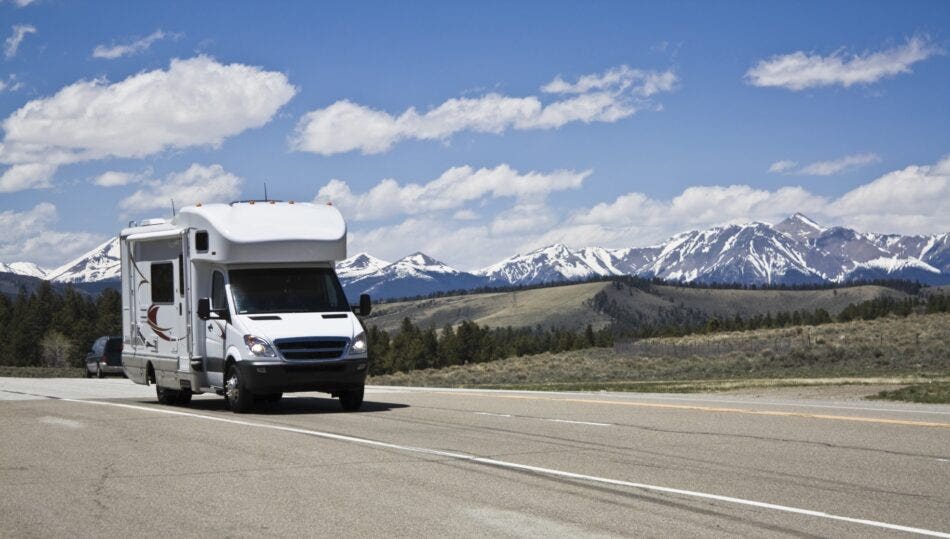When faced with the bewildering number of travel insurance options most of us will probably gravitate towards low-cost alternatives or not bother with it at all. After all the cost of travel itself is already making a big enough dent in our budgets. For those planning a cross-country trip in an RV purchasing further insurance may seem even less of an attractive idea. Isn’t the possibility of low-cost vacations one of the principal reasons for an RV in the first place? Trip interruption insurance may seem like something that’s necessary for air travel but not for an RV trip. However this type of insurance has several features that make it a sensible option. Here’s why:
- Covers the cost of accommodation in the event something goes wrong.
- Covers the cost of alternative transportation during repairs or to get home.
- Provides refunds for prebooked activities accommodations and transport.
Alternative Accommodation
Trip interruption insurance will almost always cover the cost of any extra accommodations that a traveller requires in the event of an emergency that requires them to return home early or make unplanned stops.
For those on vacations that involve air travel cruises or other types of public transportation this often means hotel stays occasioned by cancellations or delays. On an RV road trip this type of insurance will cover accommodation expenses in the event that your vehicle becomes unusable and requires repairs. This can be especially significant if your trip takes you to more remote areas which may lack budget accommodation options. Better still most trip interruption insurance will also help cover the cost of meals you incur while unable to use the cooking facilities in your RV.
Keep in mind that there are limits – you’ll be able to get a set amount to help cover your accommodation and food costs. Be sure to keep all of your receipts as many will reimburse you after the fact. Some insurers may not cover the cost of accommodation if you are within a certain distance of home.
Alternative Transportation
Should your RV suffer irreparable damage or damage that needs a long time to repair the coverage provided by your trip interruption policy will cover the cost of alternative transport to get you home. Your policy will also cover the costs of alternative transport if an emergency requires you to get home faster than would be possible in your RV. The type of emergencies covered varies slightly between insurers and some are not applicable to road trippers but most often include:
- Serious illness and injury (this will often apply to close relatives back home as well as all the travellers on the policy)
- Natural disaster (if you are forced to abandon your vehicle in cases of fire or floods)
- Crime (in cases where crime cause injury and/or psychological trauma and you wish to return home as quickly as possible)
Refunds
On top of unplanned travel and accommodations trip interruption insurance will usually cover unused travel accommodation and activity bookings if you need to return home early due to an insured circumstance.
For RVers this may seem like you’re not getting your money’s worth since you already have you accommodation and transport with your RV. However this kind of policy will also provide refunds for the following:
- Unused event tickets (concerts sports and festivals)
- Unused amusement park tickets
- Unused passes to National Parks
- Prebooked tours
Always be aware that there are still policy limits which means that you will only receive up to the amount outlined in your policy. Generally you can choose from a few options (the higher the limit the more expensive the policy).
For example if you road trip to Disney and break down on the way your trip cancellation may not refund the entire cost of your trip. It will depend on your policy limits (and how much you paid in advance for your vacation). So while travel interruption insurance seems designed for things like round-the-world tours Caribbean cruises and international sporting events it is worth considering for RV trips too especially if your adventure takes you a long way from home. Talk to your broker for more information.

